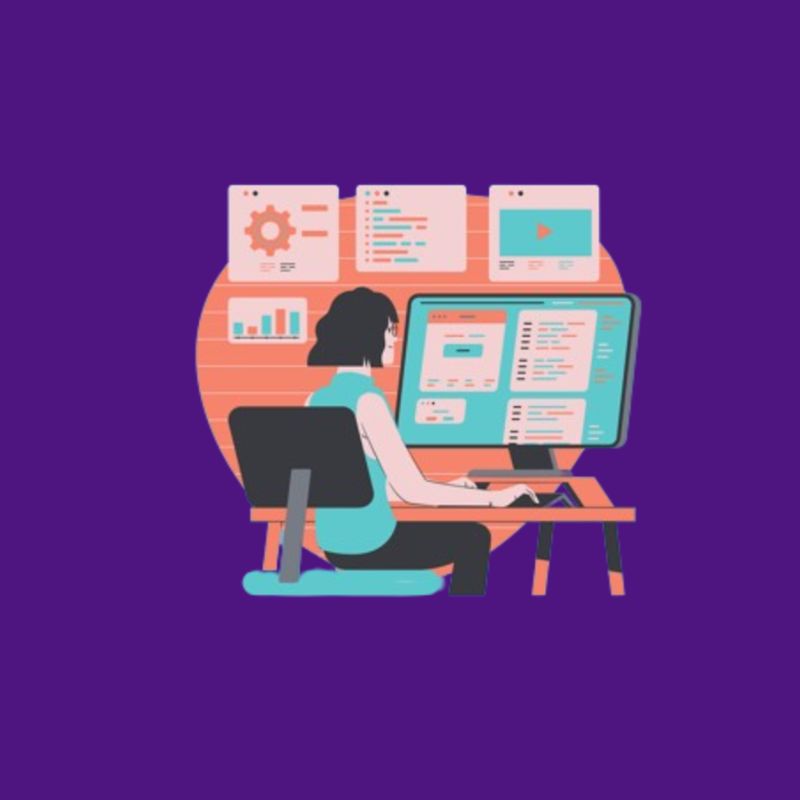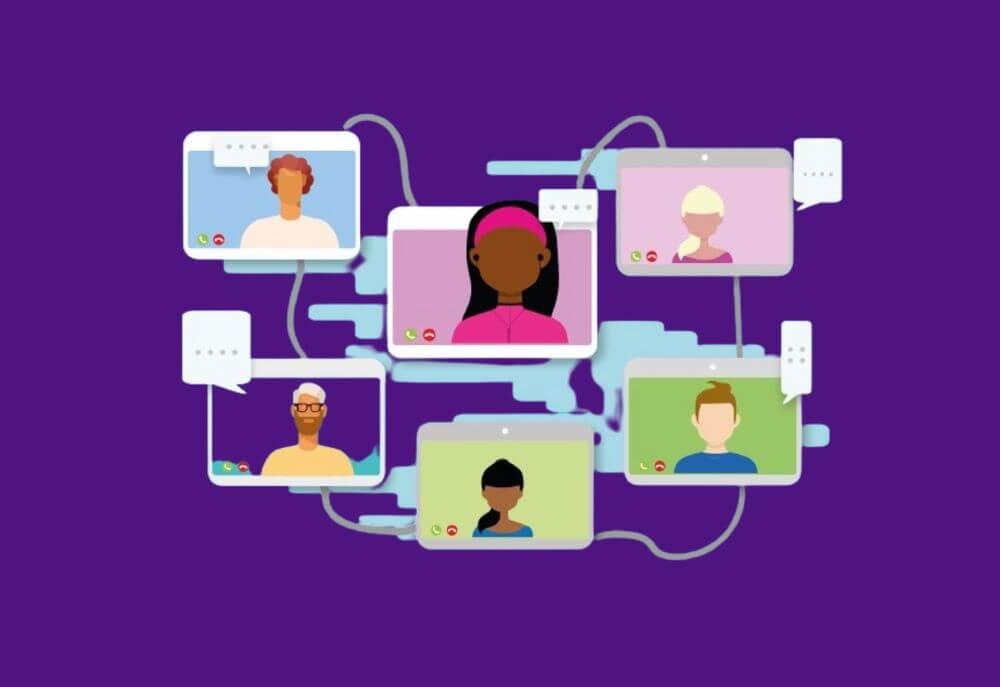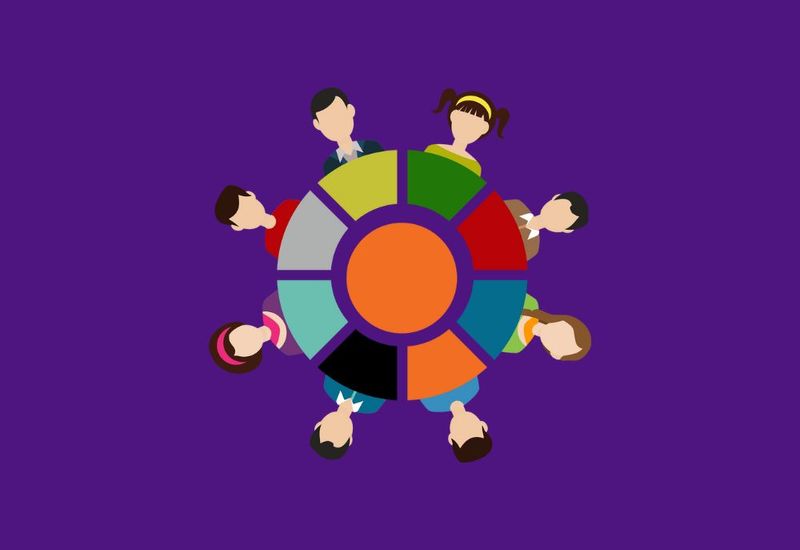In the fast-paced business world, managers constantly seek tools to streamline processes, enhance productivity, and ensure effective team management.
With the right set of tools, managers can meet their specific needs, foster smart working environments, and leverage cloud storage services like Google Drive.
Understanding Manager Tools: A Guide to Tools for Managers
Manager tools are specialized software applications designed to assist managers in their daily tasks and responsibilities.
These tools encompass various functionalities, from project management and communication to time tracking and performance evaluation. They serve as the backbone for efficient team management, enabling managers to streamline processes and foster a productive work environment.
Advantages of Utilizing Manager Tools
Adopting manager tools brings numerous benefits, significantly impacting the overall efficiency and effectiveness of team management.
Enhanced Time Management and Productivity
Manager tools are pivotal in optimizing time management and boosting productivity.
They provide structured platforms for organizing tasks, setting deadlines, and tracking progress, which helps minimize wasted time and maximize output.
Strengthened Accountability
These tools enhance accountability within teams by clearly defining responsibilities and deadlines.
With features like task assignments and progress tracking, managers can ensure that team members know their duties and are on track to meet their objectives.
Performance Evaluation of Employees
Manager tools facilitate employee performance measurement through detailed analytics and reporting features.
Managers can track individual and team progress, identify areas for improvement, and make data-driven decisions to enhance performance.
Boosting Employee Engagement and Satisfaction
Manager tools improve employee engagement and satisfaction by streamlining communication and providing clear feedback mechanisms. They help create a transparent and collaborative work environment where employees feel valued and motivated.
Maximizing the Effectiveness of Manager Tools
To effectively leverage manager tools, managers should integrate them into their daily workflows, ensuring they complement and enhance existing processes. Training and regular usage are key to unlocking the full potential of these tools, enabling managers and their teams to achieve optimal performance and results.
Now, let’s delve into the essential 7 must-have tools for managers that are pivotal in achieving these benefits and driving team success.
1. Trello: Visual Project Management
Trello stands out as a highly intuitive tool for managers, offering a visual approach to project management. Its card-based system allows for easy organization and tracking of tasks, making it ideal for managing multiple projects and workflows.
Trello’s flexibility and user-friendly interface cater to various project sizes and complexities, ensuring managers can keep their teams aligned and on track.
2. Slack: Seamless Team Communication
Communication is key in team management, and Slack provides a robust platform for instant messaging, file sharing, and collaboration. With Slack, managers can create channels for specific projects or topics, ensuring that team communication is organized and efficient.
Its integration capabilities with other tools, like Google Drive, make it a central hub for team interactions and information sharing.
3. Cultup: Enhancing Team Culture
Cultup is a newer entrant in the manager’s toolkit, focusing on building and maintaining a strong team culture. This tool helps managers foster engagement, recognize employee achievements, and facilitate team-building activities.
Cultup is an innovative solution for managers looking to create a positive and productive work environment.
4. Todoist: Mastering Time Management
For managers keen on mastering time management, Todoist is a game-changer. This task management app allows managers to create, organize, and prioritize tasks, setting deadlines and reminders to ensure nothing falls through the cracks.
Todoist’s simplicity and effectiveness make it a favorite among managers for personal productivity and team task tracking.
5. Jira: Advanced Project and Issue Tracking
Jira is synonymous with agile project management and issue tracking. It is tailored for software development teams and offers detailed planning, reporting, and workflow mapping tools.
Managers can customize Jira to fit their team’s needs, making it a powerful tool for tracking progress and ensuring project success.
6. Zoom: Virtual Meetings and Collaboration
In today’s remote and hybrid work environments, Zoom has become indispensable for managers. This video conferencing tool enables virtual meetings, webinars, and collaboration sessions, bridging the gap between team members regardless of their location.
Zoom’s reliability and ease of use make it a top choice for managers aiming to maintain close communication with their teams.
7. Google Workspace: All-in-One Cloud Solution
Google Workspace (formerly G Suite) is a comprehensive suite of cloud-based productivity tools, including Gmail, Docs, Sheets, and Drive.
For managers, Google Workspace seamlessly integrates communication, collaboration, and storage solutions. Its compatibility with various devices and robust security features ensure managers can work efficiently and securely from anywhere.
In conclusion, these seven tools are essential for managers to navigate the complexities of teamwork and time management. By leveraging Trello, Slack, Cultup, Todoist, Jira, Zoom, and Google Workspace, managers can enhance productivity, foster better communication, and build a dynamic and efficient work environment tailored to their needs.



